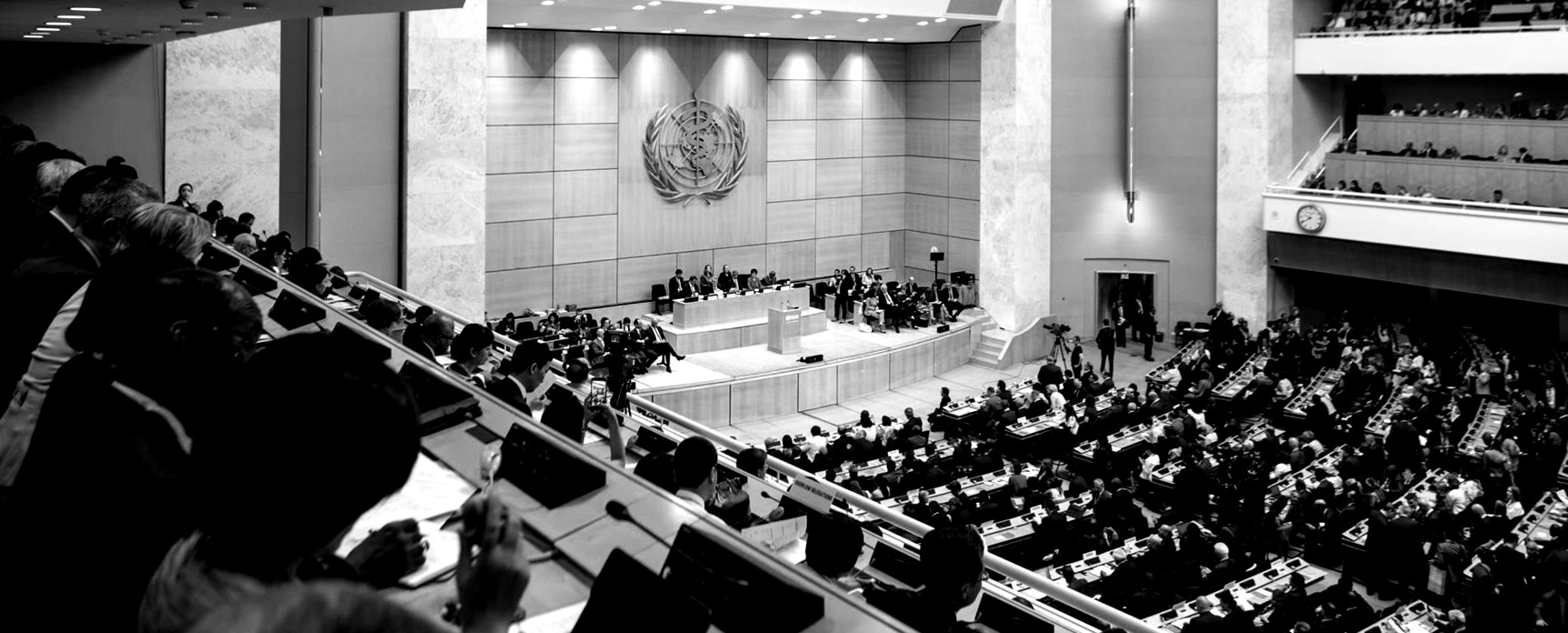Why global health?
Global health refers to the full range of human health issues that transcend national boundaries. Global health policies seek to improve the health of all the world’s people in a spirit of equity, solidarity and efficiency. They aim at meeting people’s basic needs and building sustainable and equitable health systems. These policies aim to strengthen health promotion, prevention, coverage of curative or palliative care, and protection against the financial risks associated with illness. They also aim to improve the effectiveness of emergency interventions in health crisis contexts. Global health involves national and international public actors, health professionals, researchers, non-governmental organizations, the private sector and citizens. It calls for collective responses and coordination of efforts at the international level.
- Global health is an area of international assistance.
- Global health is a central issue of sustainable development.
- The health sector is also an area of growth and an important source of employment.
- Health has at last become a key safety issue.
- In recent years, global health studies have become an area of international research.
- Multilateral public aid for health tends to stagnate since 2014
Why are we mobilized ?
France is one of the largest providers of international health financing. Its legitimacy in this field is based on the values of universality and solidarity promoted by its health institutions, the influence of its research and the international recognition of its medical expertise.
France is the country of human rights and, in this respect, its national model is a pioneer in terms of health democracy. It has been a key player in the international fight against the three pandemics (HIV/AIDS, tuberculosis and malaria) for 20 years, playing a key role in the creation of new multilateral funding mechanisms such as the Global Fund and UNITAID. It also has strong and recognized players in the NGO world (Médecins sans Frontières, Médecins du Monde, Solthis, Handicap International, Action Against Hunger, to name but a few examples), the research sector (Inserm, ANRS, IRD, Instituts Pasteur, CIRAD), public agencies (AFD, Expertise France) and the private sector (Sanofi, Mérieux).
Nevertheless, over the last 20 years, France has lost influence in international institutions and partnership platforms in health. It often appears isolated in the face of German, British and American partners who coordinate their actions more closely, push for choices and occupy key positions in international institutions.
We are convinced that France can only be heard and listened to in the international arena of global health when its actors – starting with those in diplomacy – manage to convey a strong and coherent message, structured around clear and stable objectives, carried by values that are attached to the history of health in France.
Our vision of global health
Health is a fundamental human right. It is also a global public good. Universal access to health and the building of sustainable health systems are central to the economy and the fight against poverty, as well as to security. They therefore make a decisive contribution to peace and to the inclusive development of societies.
Thus, global health actors must be based on a strategic vision that accepts the complexity of international health issues. They must also be able to identify key priorities to address the long-term challenges posed by globalization, increased human exchanges, demographic transitions and the disruptions caused by climate change. Global health requires an investment commensurate with the values upheld by France and its ongoing financial commitment in this area.
Download our vision of Global Health
Our ethical charter
Any member of our group, or personality associated with our work, commits to respect our ethical charter.
Download our ethical charter
